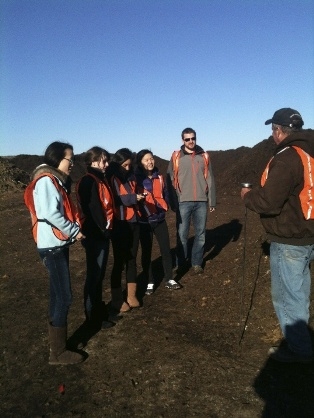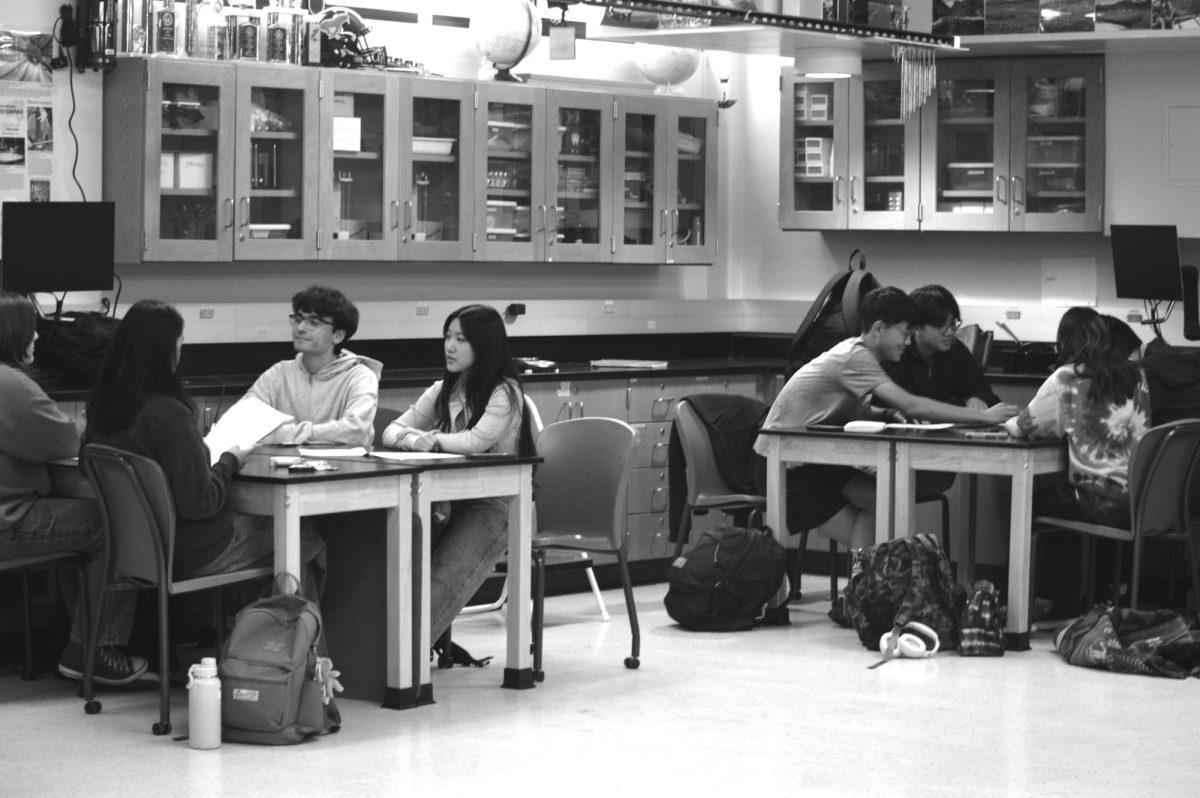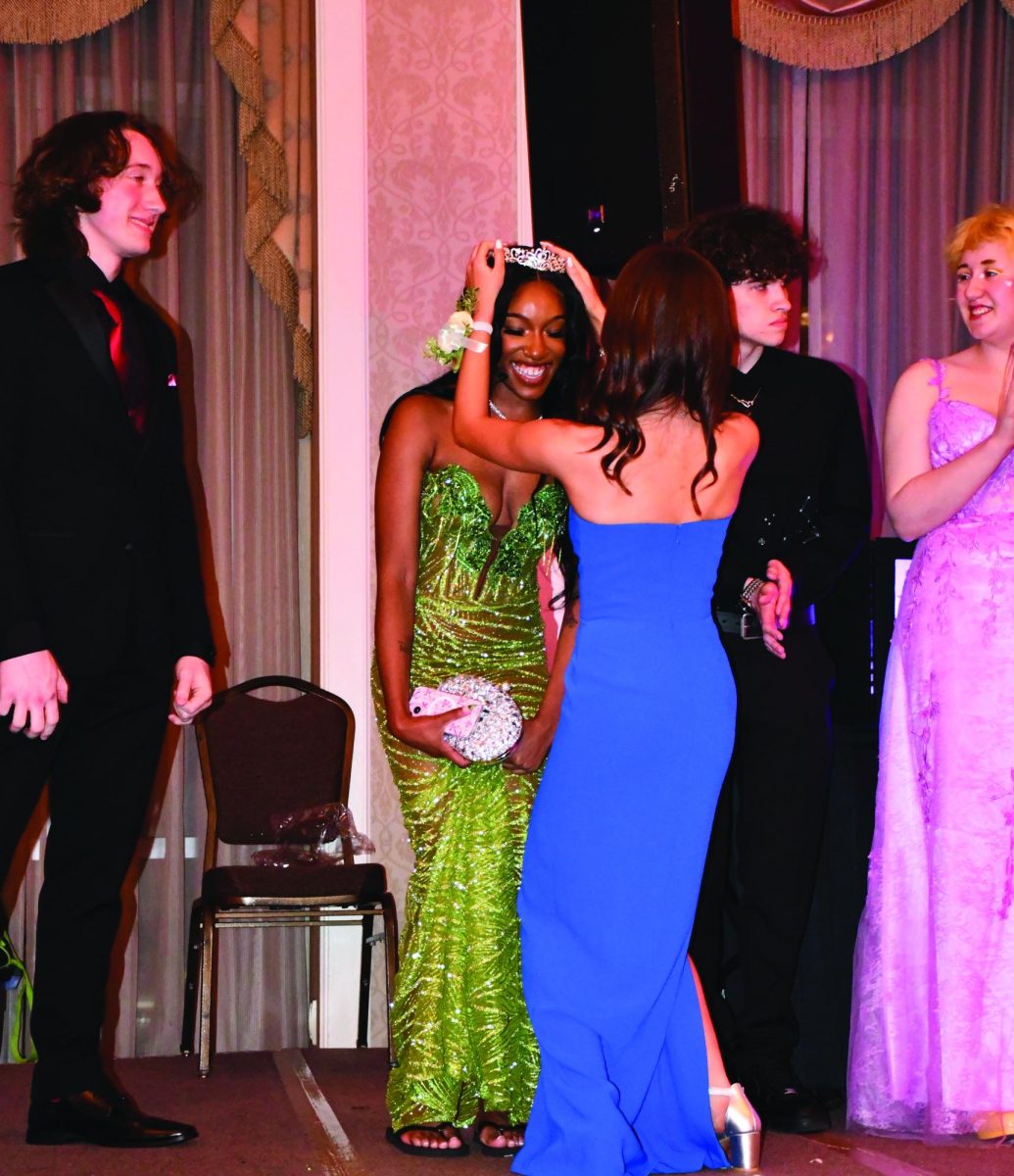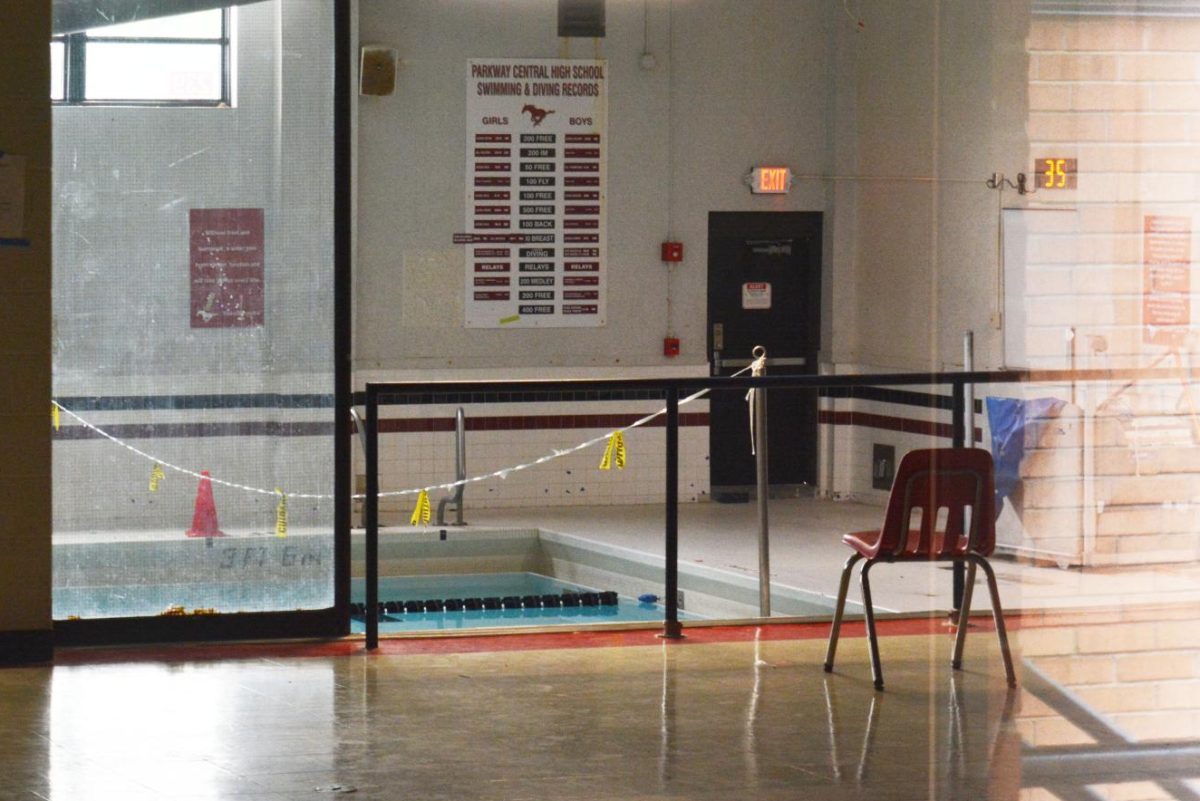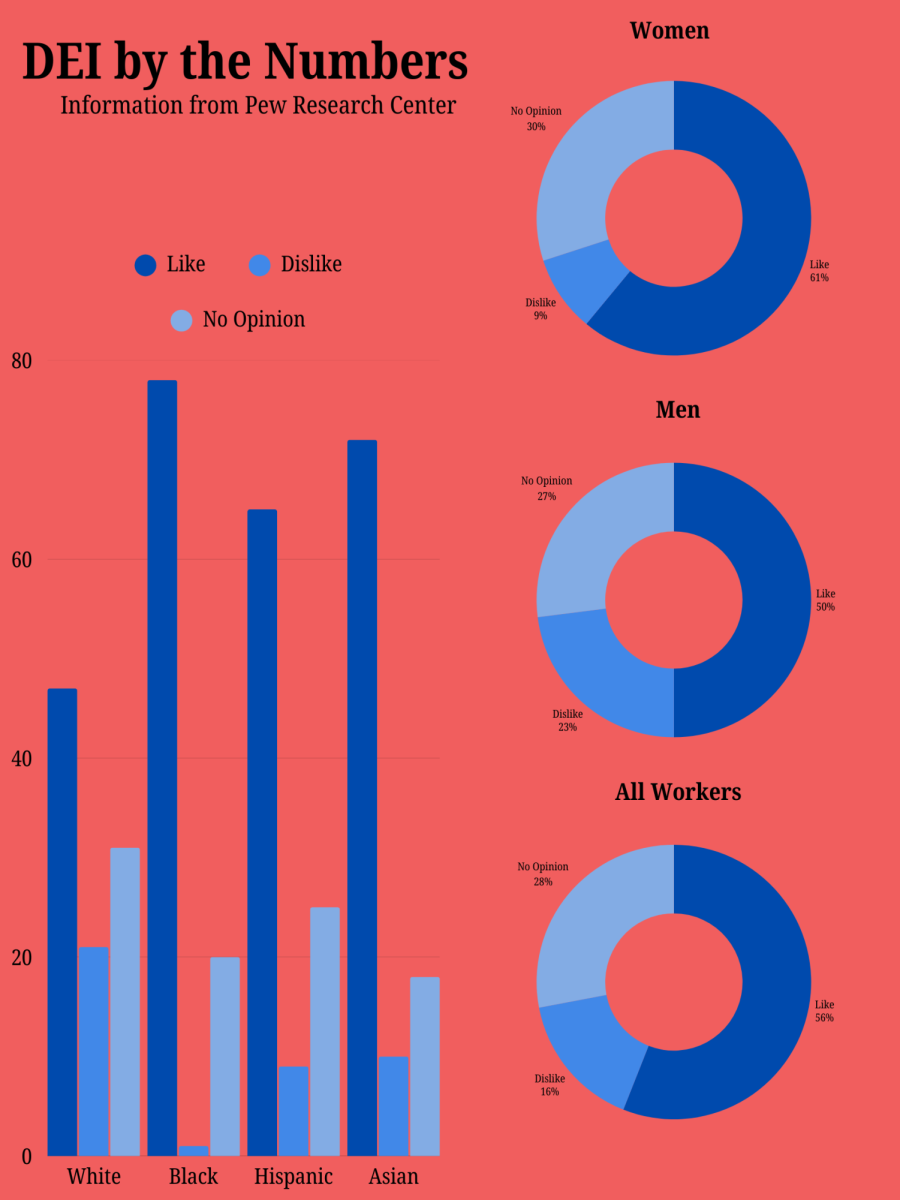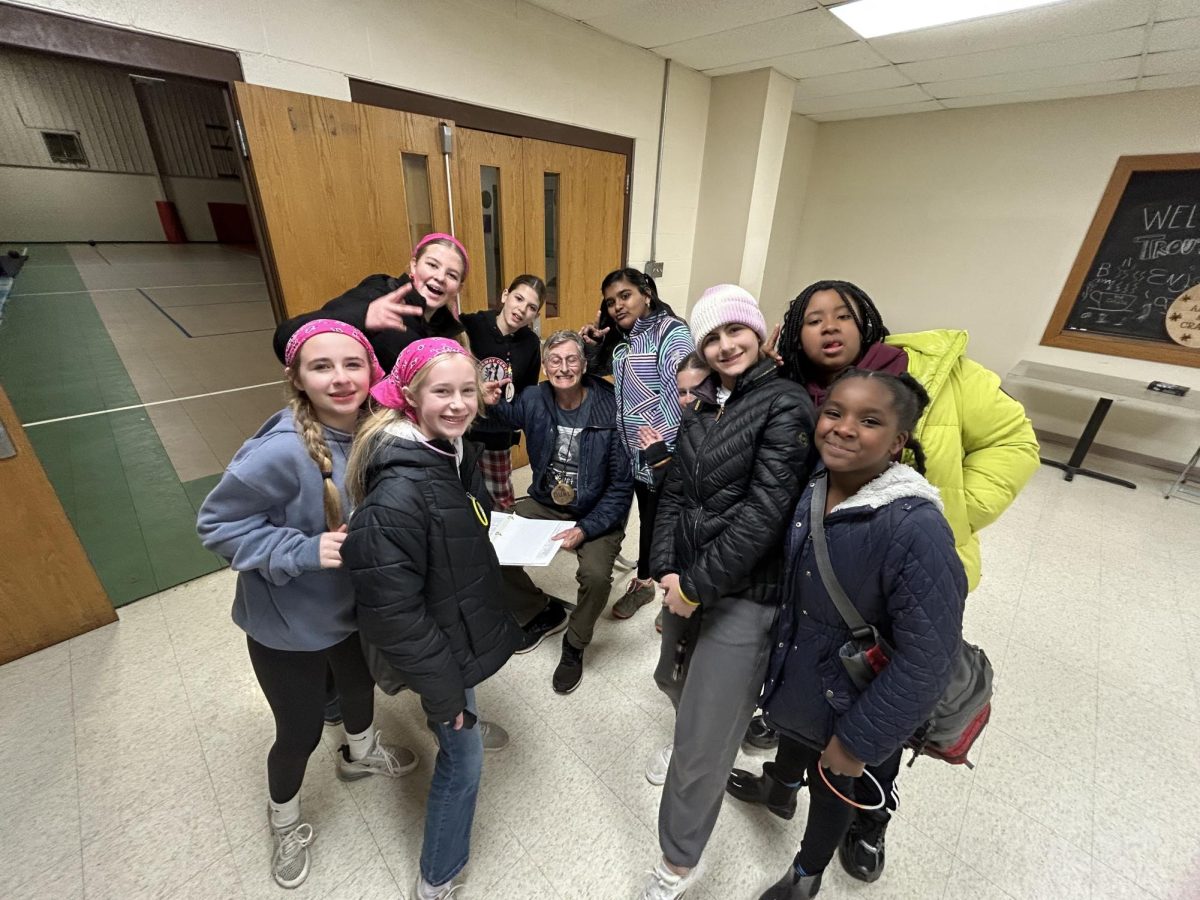Implementing great change in order to “go green” has slowly become more noticeable in school districts across the nation, and Parkway School District has continued to play its part.
“Parkway has a recycling program that is two decades old. The goal of this program is to divert an additional 720 tons of material from the landfill,” Parkway Sustainability and Purchasing Manager Mr. Erik Lueders said. “This will be accomplished by using 100 percent recycled content lunch trays instead of Styrofoam and using a composting service that takes all food scrap and trays to a compost facility that blends that material into mulched yard waste.”
This change breaks a long-lasting tradition of Styrofoam lunch trays. The Board of Education recently approved the change district-wide, according to assistant principal Mr. Travis Fast.
“I think it’s a good example of our district seeking ways to be environmentally and financially responsible,” Fast said. “Styrofoam has been used for decades in Parkway, so this is a major breakthrough.”
The new composting process will not simply take place overnight, though. There is a detailed plan on what to do with the compost.
“After being used, these new compostable trays will be placed in new yellow compost bins,” Lueders said. “The full bins are then swapped by a company, Blue Skies Recycling, which will take the food scrap and trays to the same location that all yard waste is disposed of. The food scrap is used to create nutrient-rich compost that is then available for purchase at garden stores.”
While the change may seem somewhat monumental, it has been tested already at a nearby school.

“At North High we worked with student environmental clubs and science classes to take the lead in spreading awareness,” Lueders said. “These students created a lot of visual media to clearly explain what goes where and spent time during the lunches helping out classmates get a better understanding.”
With the pilot program at North High, Parkway has already witnessed some of the effective and noneffective techniques of teaching this new “green” program.
“Students teaching students is the most effective method we’ve seen,” Lueders said. “Teachers can talk all day, but until students take ownership of this program, there will be some struggle.”
Students at North High understood this and even went as far as to teach to the middle school.
Mrs. Beth Karfs, sponsor of environmental club Operation 350, said her students are implementing this method.
“Some of Operation 350 members, seniors Julia Goldman and Sarah Kim included, were involved in the push for compostable lunch trays at the district level and were integral parts in making that happen,” Karfs said. “Bringing it to the Central area was just finishing their original work.”
Goldman began her quest to help make the Central lunchroom more green as early as two years ago. She constantly monitored the composting program at North last year in an effort to make the program at Central as effective as possible.
“I became acquainted with two students from North High and organized a presentation supporting composting to give to the Superintendent’s Action Team,” Goldman said. “The superintendent proposed our ideas at the May board meeting, and it was approved in June.”
Many students share concerns about how the majority of the school will respond to the seemingly radical change.
“I would really like to see our student population become more aware of the changes around us,” Goldman said. “I know most students are aware of the compost bins, but they haven’t quite yet grasped that other things beyond the trays are compostable. We’ll get there, it will just take time.”
Last year, Karfs and Operation 350 visited the composting center to view the fruits of their labor.
“The composting yard was lower tech than I was expecting. It was nice because it’s a natural process and it made that kind of obvious. It just does its own thing naturally,” Karfs said. “I was happily surprised at how natural the entire process was.”
This change has been long in coming, but the results have the potential to change the atmosphere of the community.
“The second largest school district in the St. Louis area is composting. Who else can say they were part of the group that made that push? I’m very proud of our community for making this change and accepting it,” Goldman said.
Goldman said she is prepared to deal with the growing pains of implementing a new program.
“Recycling was weird at first, too; no one understood what to do,” Goldman said. “Right now, composting is that weird new thing, but I know in the future that this will become second nature.”
Although Goldman said that the new program will take a while to get off the ground, it has already been noticed by the community.
“Parkway has won an award from the Missouri Recycling Association for their composting,” Goldman said. She traveled to Jefferson City with other students to receive the award on Sept. 17.

